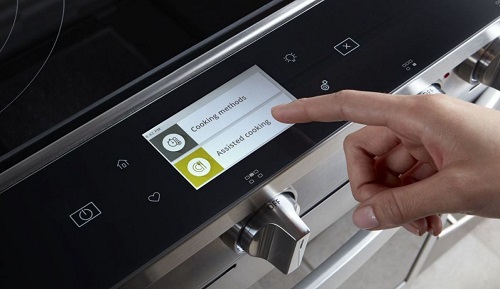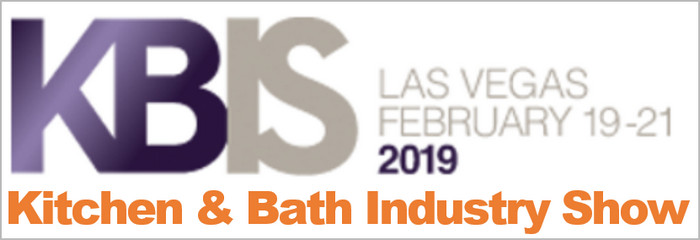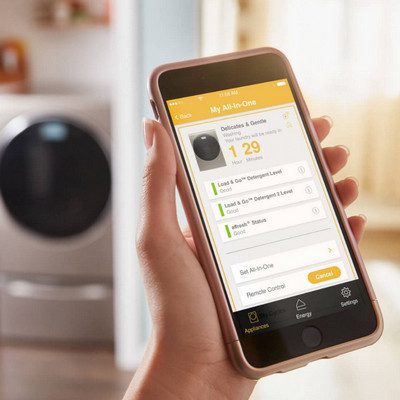It seems like CE Pro has been touting smart appliances for years, so what is it going to take for broader consumer demand to kick in? A new research study by Whirlpool Corporation (NYSE: WHR) in advance of CES 2019 paints a picture of what consumers desire in a smart appliance.
The global survey of more than 2,000 homeowners and renters around the world reveals these six vital needs from a smart appliance:
Improve Efficiency – The survey findings underscore the need for practical, efficient solutions from the smart home. A vast majority of consumers (72 percent) are looking for simpler, faster ways to help manage their lives, and over half admit to feeling that cooking (52 percent) and doing laundry (58 percent) take up more than the preferred amount of time. Smart appliances can fulfill those desires by enabling consumers to control them via voice, touchpanels, tablets or smart phones from around the home. Automatic timers can be used to run appliances at regular intervals for improved efficiency.
Reduce Waste – Three in four respondents (74 percent) are interested in smart appliance features that reduce food waste.
Manage Water Usage – Three in four respondents (75 percent) are interested in smart appliance features that manage water usage.
Save Money – Three in four respondents (78 percent) are interested in smart appliance features that help them save money. Integrators who connect smart appliances with a home control systems can integrate it with a utility's time-of-day sliding scale electrical pricing structure to save money. For example, using smart home control to automatically run the dishwasher or laundry appliances during the middle of the night when electrical rates are lower reduces costs.
Reduce Electrical Usage – Two in three respondents (64 percent) say it's important that their appliances help save on electricity costs.
Customization – Two in three respondents (69 percent) actively seek out products that can be personalized to their unique preferences.
What It Means for Integrators
As the smart home and Internet of Things (IoT) collide, smart appliances is a potentially new category of equipment for integrators to offer. While local appliance stores might carry a smart appliance, in most cases their delivery staff is not going to be capable of connecting a new smart refrigerator, dishwasher, oven, or clothes washer and dryer to a home’s network. That task is going to be in the wheelhouse of a custom integrator.

“The responses we received to this survey were abundantly clear: consumers said they need simpler, faster ways to manage their lives – in other words, they still feel products for the home aren't solving these problems,” says Christian Gianni, senior vice president of product development at Whirlpool Corporation. “So when it comes to smart home technology adoption, the technology must provide a purposeful solution in their lives. Whirlpool Corporation has been laser focused on technology that serves a purpose and next month at CES, products from across our brand portfolio that deliver on these needs will be on display.”
At CES 2019, Whirlpool Corporation (Sands Expo, booth #41925 in the Smart Home Marketplace) will introduce more than 20 new products and services across its brand portfolio, including collaborations with other tech companies via its Yummly digital recipe platform.
Survey results are based on a survey fielded by Research Now on behalf of Whirlpool Corporation of more than 2,000 consumers in the U.S., India, Brazil and France. The survey questioned respondents on their daily routines and preferences when it comes to home appliances.
Whirlpool Corporation has $21 billion in annual sales, 92,000 employees and 70 manufacturing and technology research centers. The company markets Whirlpool, KitchenAid, Maytag, Consul, Brastemp, Amana, Bauknecht, Jenn-Air, Indesit and other major brand names.







